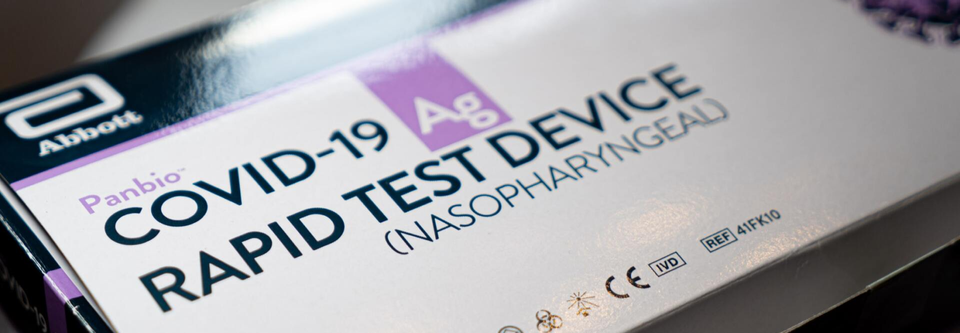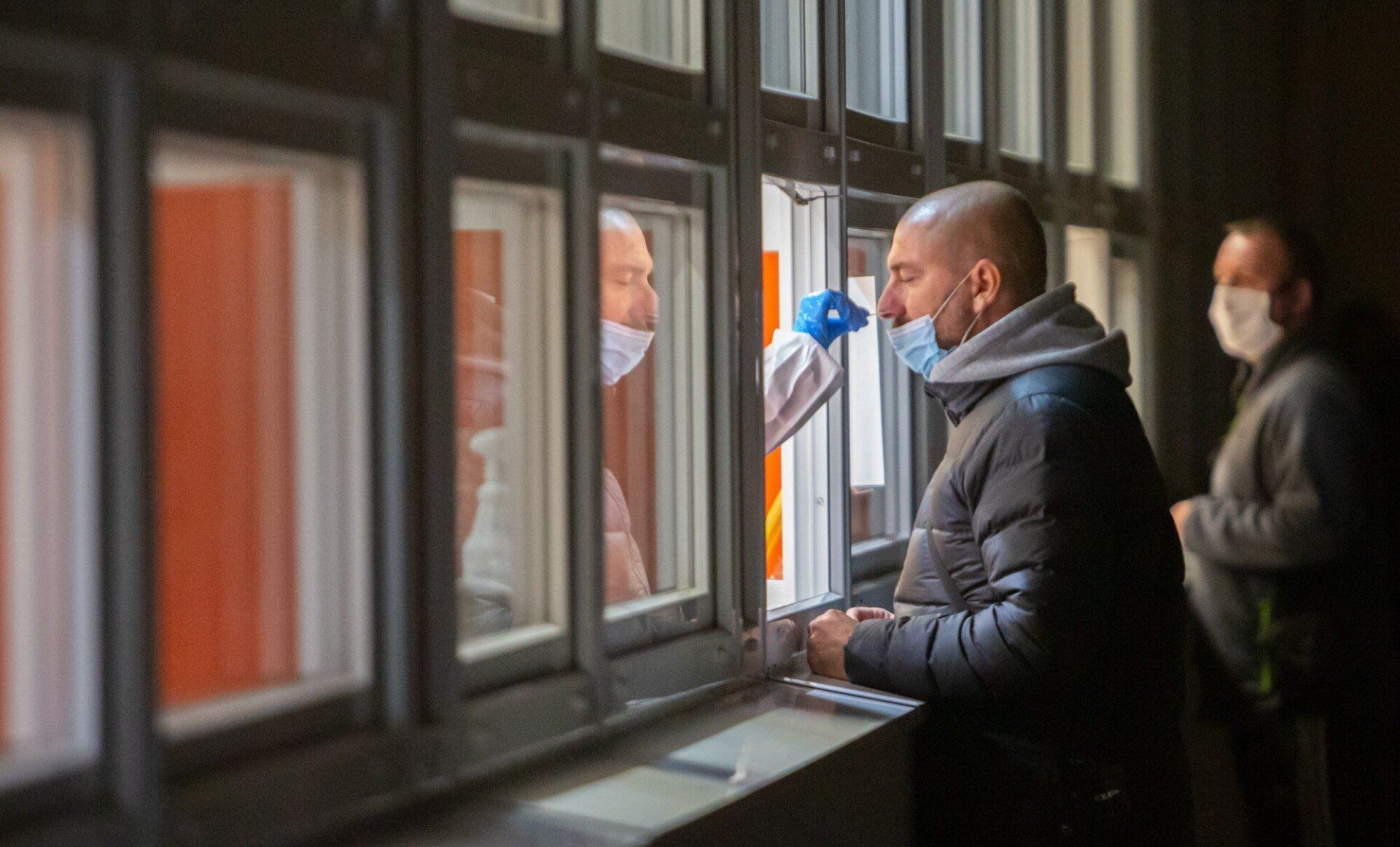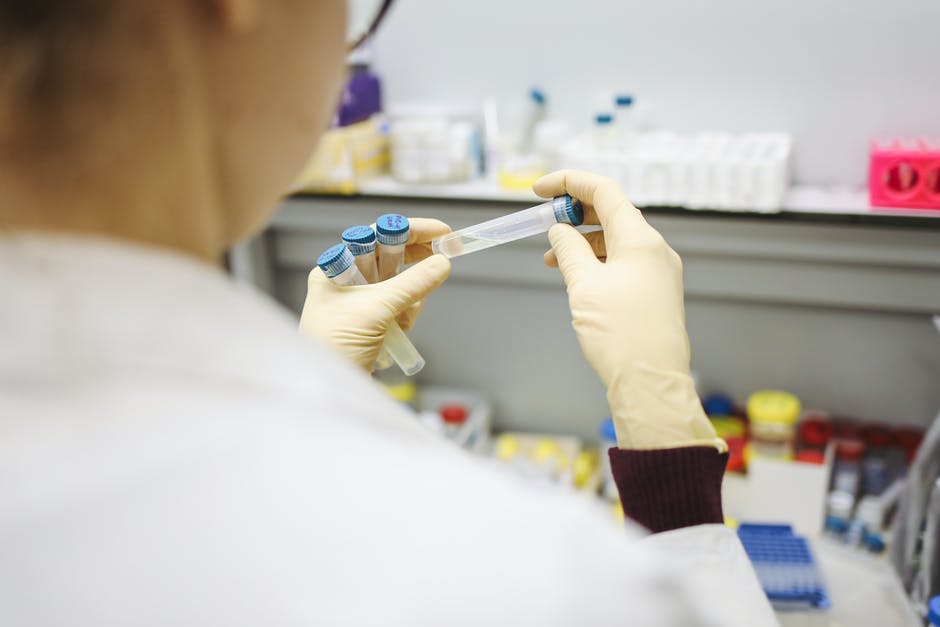COVID-19 Testing for Large Businesses: A Guide
March 10, 2021

Businesses are bruising. From January to March of 2020 alone, 39 percent of small businesses
laid-off workers. In the months that followed, tens of thousands of businesses have shut down entirely.
It makes sense that many people want to reopen. But they need to be cautious. They need to make sure they can keep their employees and customers safe.
One tool to determine that is COVID-19 testing. Same-day COVID testing for businesses is affordable and effective.
Yet even medical practitioners don't know what it entails. Here is a quick guide, including steps for reopening.
The Basics of Tests
There are two kinds of tests that can diagnose COVID-19. The first kind is antibody tests.
These tests use blood to find signs of the immune response to COVID. If someone has proteins to fight the virus, they may have had the virus previously. They may be able to fight off future infections.
But antibody tests are not completely reliable. Someone can have a natural immune response without having a previous infection.
Though recurrence of COVID-19 is uncommon, it can happen. Immunity to one variant may not mean immunity for another variant. Antibody tests are still a good baseline for reopening strategies, but they are not ideal.
The second kind of test is viral tests. They use nasal or saliva specimens to find out if a person has a current case of COVID. These tests can look for two things.
They look for nucleic acids, the genetic material of COVID-19 itself. These tests are incredibly reliable, though they take time to process.
Antigen tests look for viral proteins, which a virus needs to survive. They are not as sensitive as nucleic acid tests, so they may require additional examinations. But they can provide quick results.
A negative test does not mean someone does not have COVID. It could mean that the test was done too soon to register an infection.
A person can have COVID but have no symptoms. Anyone in close contact with a positive case should receive a test as soon as possible.
Same-Day COVID Testing
Same-day COVID tests are viral tests. Most look for antigens, though a few examine nucleic acids.
You cannot buy tests and then run them yourself. You and your employees must order tests through healthcare providers. Your employees can receive documents showing their results to prove they took one.
Try to have your employees receive multiple kinds of tests. Antigen tests on their own are not completely reliable. Make sure they receive a nucleic acid or antibody test as well.
If time is not a major issue, opt for nucleic acid testing. Though it may take longer, it will provide better results you can use for reopening strategies.
Tell your employees to follow social distancing and mask-wearing when they get their tests. If they are waiting in an office, they are likely to catch an infection.
On-Site Testing Protocols
Some companies offer on-site testing. This involves a viral test, usually taking nose and mouth swabs. Each company has its own protocols, but there are a few general ones you can consider.
Limit the number of employees who will receive tests at any one time. Schedule them in small batches with specific start and end times. Keep everyone else at home until their appointment.
Most companies require people who take tests to sign a consent form. This provides the company with contact information so they can inform the person of their results. Make sure everyone has completed a form before arriving at the test site.
Have your employees wait in their cars until they are called for a test. If they must wait in a line, enforce social distancing with physical barriers every six feet.
Everyone must wear a mask unless they are being swapped. They should return to their car immediately after being tested. They can receive a phone call at home with the results.
Provide the testing company with tables and facilities to handle specimens. Make sure they can dispose of personal protective equipment and trash without infecting others.
Once COVID-19 Testing Is Done
You should only open your workplace once you've completed testing. Every single employee should receive a test, and nearly all should be negative.
If you have a pool of positive cases, you are putting your employees at risk. Continue operating online. Wait until two weeks after symptoms go away before returning to the office.
Make sure your office is ready for occupancy. Check the ventilation systems so they distribute clean air and remove potential viruses.
There should be room amongst workstations with barriers to prevent the spread of respiratory droplets. If you cannot enforce social distancing, you should not reopen your workspace.
It is unclear whether vaccinations offer permanent immunity to the virus. They may reduce symptoms, but still allow infections to spread. Do not reopen your office just because many people have COVID shots.
Conduct testing on a regular basis, at least once per month. Ask employees who have been in close contact with positive cases to stay home.
If someone shows up to work with COVID-19 symptoms, isolate them immediately. Send them home and ask them to quarantine for at least two weeks.
New variants of COVID-19
are on the move. They may lead to a workplace shutdown, and they may require new testing.
Follow the news and adjust your strategies accordingly. Do not assume that one test can cover all variants.
Find the Best Tests
If you want to reopen your business, you need COVID-19 testing. But you need the facts to make tests work.
You can choose antibody or viral tests, but you should choose nucleic acid tests. Most same-day COVID testing looks for antigens, which may not be reliable.
Follow social distancing and mask-wearing for on-site tests. When you decide to reopen, make sure the ventilation systems work. Enforce social distancing and adapt your reopening based on the news.
Get the best tests to keep yourself safe. Prime Medical offers premium tests at affordable prices. Contact us
today.



